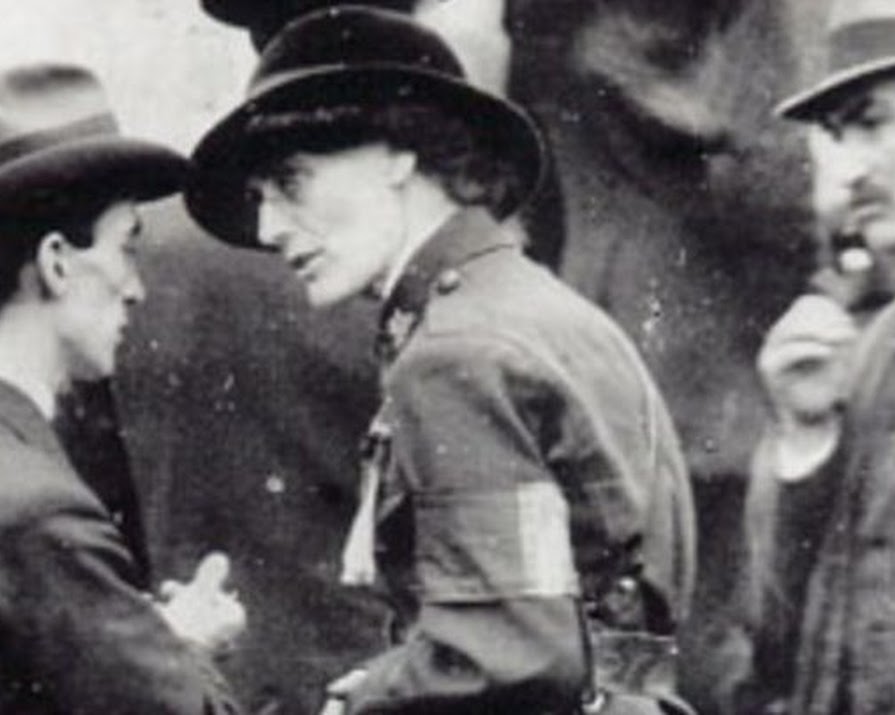By Geraldine Carton
06th Feb 2018
06th Feb 2018
2018 marks 100 years since Countess Constance Markievicz (née Constance Gore Booth) became the first woman to be voted into parliament, and 100 years since the first women won the right to vote in Ireland. As we celebrate these milestones, we want to reflect on how far we’ve come and how much farther we still have to go.
Despite being born into a well-respected upper-class family, the young Constance was a rebel at heart and abandoned her privileged life to devote herself to the women’s suffrage movement, helping the poor, and fighting for Irish freedom. So what would Constance think of the state of Ireland today?
- No doubt the revolutionary would be relieved to see that two women have held the Presidency of Ireland since her death, and a third female candidate (Mary Lou McDonald) has just been put forward for the next election (Countess Markievicz was also once a member of McDonald’s party, Sinn Féin).
- The Countess would presumably not be well-pleased, however, to hear that Ireland’s rate of female representation in government sits at a shamefully low 22%, falling below the likes of China, Kazakhstan, Afghanistan, Portugal, Mexico and more than 70 other countries. On the bright side, we are way above the United States, but considering their current political situation, that’s not really saying a whole lot. Rwanda tops the list with 61%.
- Markievicz set up a soup kitchen at Liberty Hall in Dublin during the 1913 Lockout, and she was often seen lugging heavy bags of turf from her car up flights of stairs in the tenement houses. Considering her past, we imagine that she would applaud the achievements of Aoibheann O’Brien and Iseult Ward (Co-Founders of Food Cloud), and Evanna Lyons (Co-Founder of Dunia Designs) and the incredible contributions that they are making to help disadvantaged people in society.
- A rebel from a young age, Constance was a revolutionary at heart and fought for what she believed in. As such, we can only assume that she would be very interested by the Irish government’s recent decision to hold a referendum to allow its citizens to vote on women’s reproductive rights. And considering how she was estranged from her husband (Casimir Dunin-Markievicz,a Polish aristocrat, a painter and a Catholic, who spoke no English), you can bet that the idea of legalised divorce would have been welcomed, too.

Image via The Lissadell Estate
There’s no doubt that we have come a long way since the early 1900s of Countess Markievicz’s youth. But what if women like Countess Markievicz didn’t channel their unruly, inner rebel, or what if they were too afraid to dare to allow their actions reflect their values? Where would we be if not for the bravery of women like the Countess, or the Irish suffragette Mary Maloney who followed Winston Churchill for a week, ringing a large bell every time he spoke at public rallies (what a woman, eh)?
A political and societal seismic shift is clearly taking place at the moment, and it’s not dissimilar to what happened in Countess Markevicz’s time. Channeling our own inner rebel we’re saying that now is the time to fight the good fight and see how we can make this revolutionary hero even more proud, especially in what is the year of her centenary anniversary.
Main photo cred: The Lissadell Estate























